North East business partners ‘sentenced for waste offences’
A pair of business partners who operated an “illegal waste site” at Walker Road in Newcastle have been sentenced, the Environment Agency says.
David Ashley McNeill, 34, and Louise Margaret Bland, 51, ran a business known as both NE1 Waste Management and NE1 Garden and Waste Services.
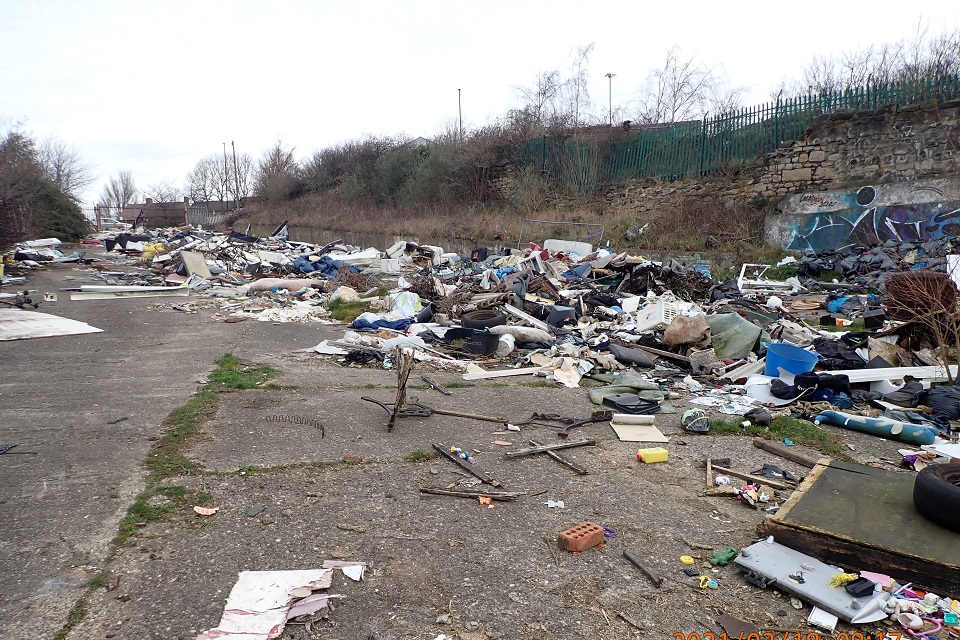
NE1 Garden and Waste Services leased a derelict former scrapyard at Walker Road and deposited waste there, the Agency said, an activity which was outside their waste exemption.
The environmental regulator also said Mr McNeill fly-tipped waste across Newcastle on four occasions.
During an interview in December 2020, Ms Bland said she did not have any knowledge of the fly-tipping incidents across the city, and that the waste she collected had been disposed of correctly.
However, Mr McNeill was sentenced to a 12-month community order including 25 days rehabilitation, fined £100 and ordered to pay a £95 victim surcharge, the Agency says.
Ms Bland was sentenced to a 12-month community order to including 20 days rehabilitation activity, according to the Agency.
She was also fined £100 for breaching an unrelated suspended sentence and ordered to pay a £95 victim surcharge.
An Environment Agency spokesperson said: “Both Bland and McNeill had a blatant disregard for the law, dumping waste at the Walker Road site and not keeping any records of their activities.”
Valpak’s Product Data Hub logs millionth packaging item
Compliance scheme Valpak announced today (24 January) that the weights of more than a million packaging items have been now logged through its Product Data Hub.
An online system designed to help packaging producers to comply with existing regulations and to prepare for upcoming legislation, the Product Data Hub logs “key” information from suppliers, which is then used for compliance reporting.
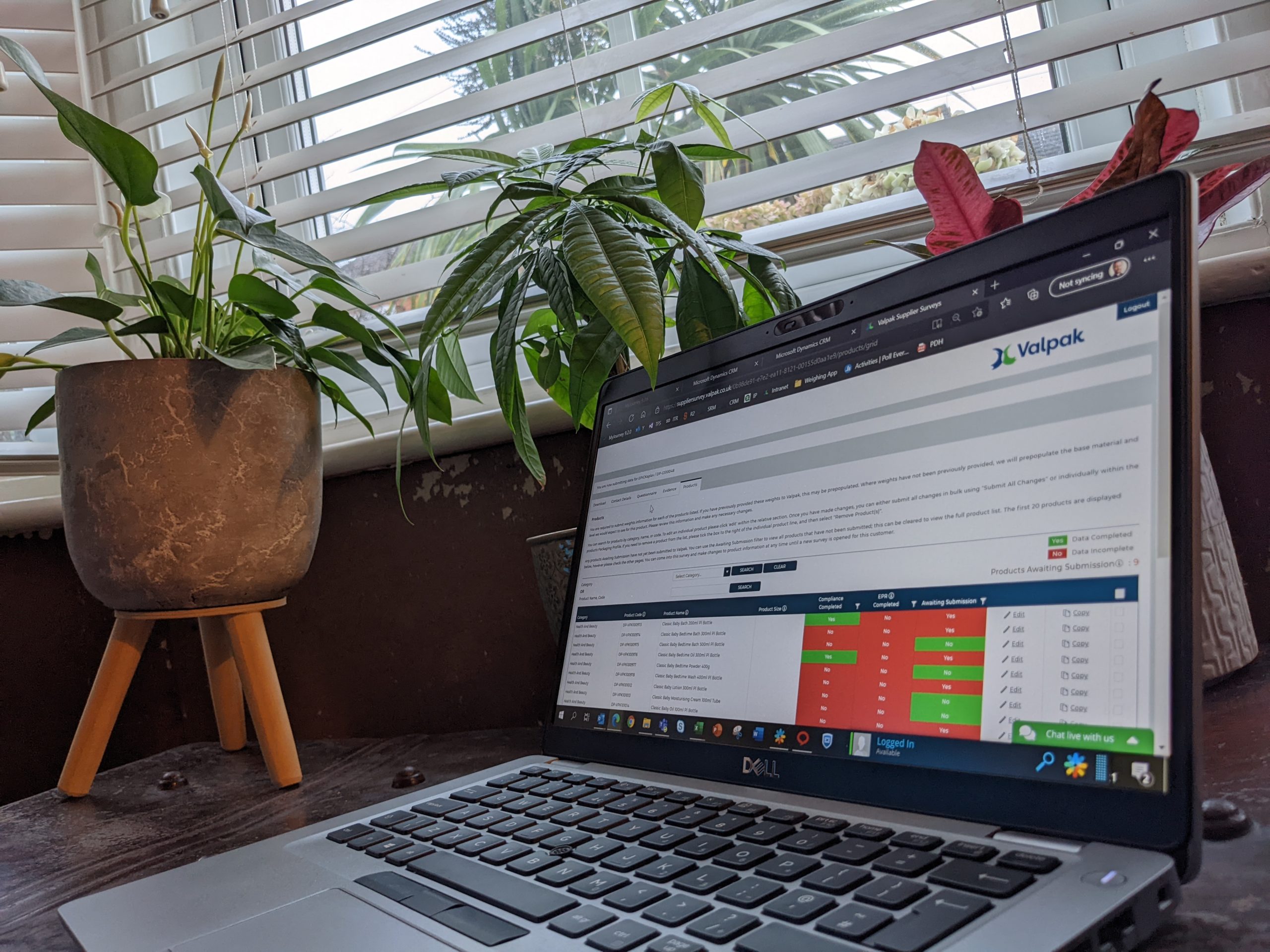
Valpak fully launched the Product Data Hub as its primary weights collection method for suppliers in 2021.
Steve Gough, Valpak’s CEO, said: “Passing the million-mark milestone in the Valpak Product Data Hub is a huge marker of progress.
“As we move towards the implementation of the plastic packaging tax and extended producer responsibility for packaging, the need for robust data is becoming more critical.
“The Product Data Hub was designed to remove errors and simplify the recording process and it is clearly working – the level of engagement we are seeing from suppliers is incredible.”
Owned by the Reconomy Group, Valpak manages compliance for more than 2,000 businesses, including ASOS, Miele, and Sainsbury’s.
Buckinghamshire to accept BRITA water filters at HWRCs
Buckinghamshire county council is to accept BRITA water filters for recycling at its household waste recycling centres (HWRCs) in a “UK first”.
Working in partnership with BRITA and contractor FCC Environment, Buckinghamshire has added collections points for the filters to five of its HWRCs.
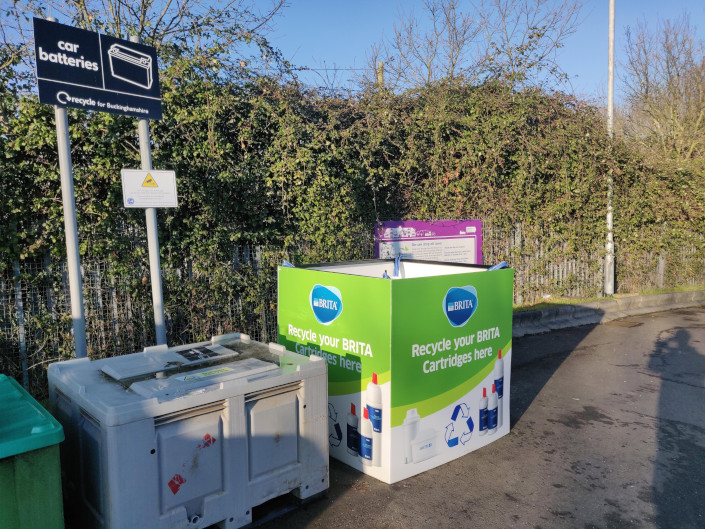
The used cartridges will be returned to the BRITA regeneration plant in Germany on the same trucks that deliver the filters to the UK.
The filters are then dismantled, and the ion exchange resin and activated carbon inside the filter separated.
The activated carbon is reprocessed for use in filter processes, the ion exchange resin used to make new cartridges, the plastic housing recycled for use in other plastic products, and the mesh material disposed of at an energy from waste facility.
Peter Strachan, Buckinghamshire’s cabinet member for climate change and the environment, said: “We always strive to help residents recycle more and this joint work with BRITA and FCC Environment is a great example.
“We already accept more than 25 different waste streams at the recycling centres, which recycled 67% of waste last year.
“Adding BRITA filters to that list is another way to help residents recycle more.”
Merseyside campaign aims to cut electrical waste
The Merseyside Recycling and Waste Authority (MRWA) launched a campaign last week to stop electrical and electronic equipment from going to waste.
Continuing into February, ‘Check Your Tech’ adverts will run on digital radio and social media throughout the Liverpool City Region.
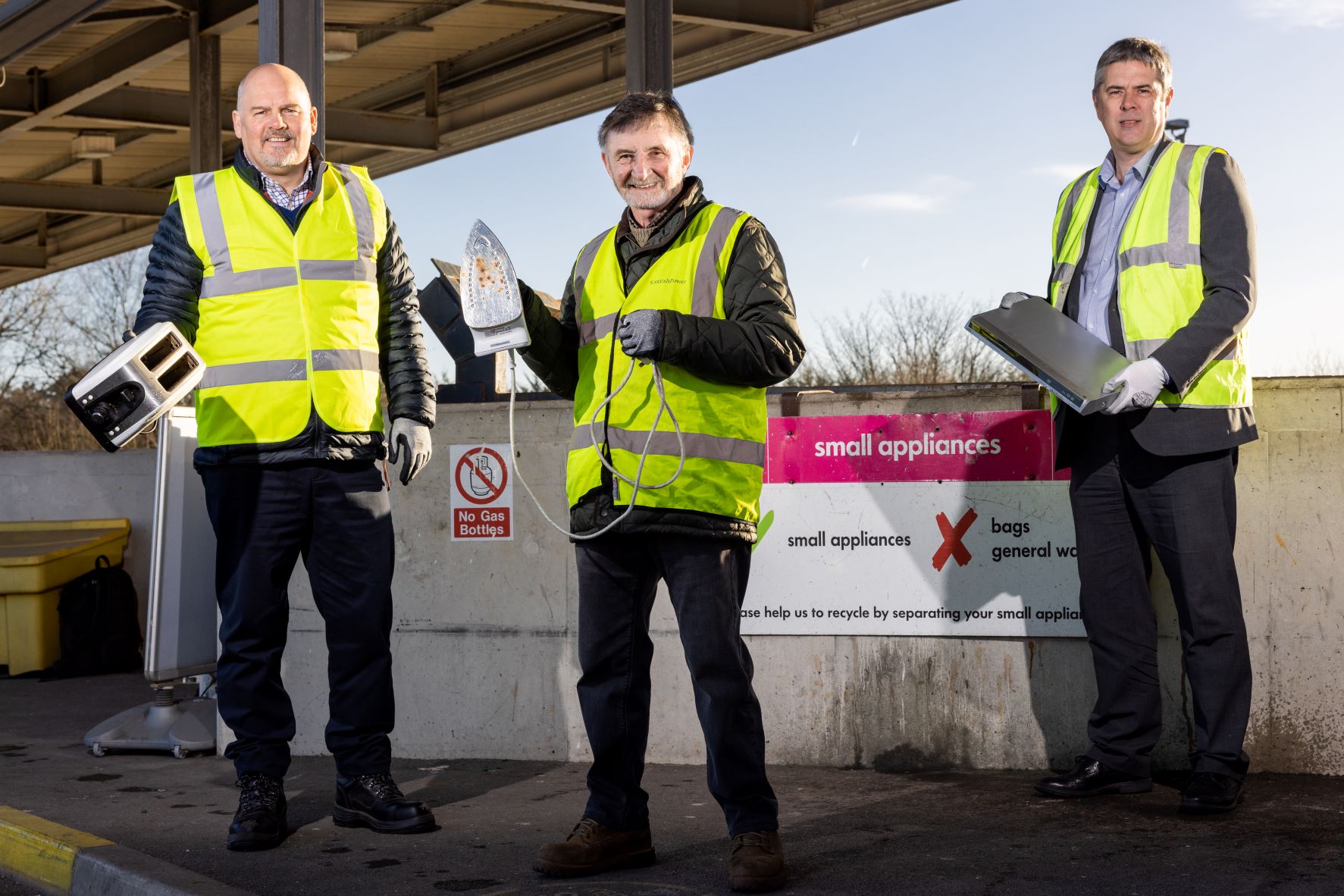
The MRWA will use the campaign to remind residents that if an item is an electrical appliance if it has a plug, uses batteries, or needs charging, and so needs to be kept out of bins.
Councillor Tony Concepcion, chairperson of the MRWA, said: “As people continue to upgrade and replace their electronic devices, old devices are simply forgotten about, or put in household waste bins.
“This is a waste of resources that instead could be reused or recycled.
“Keep them out of your bin and take them to your nearest household waste recycling centre.”
Established in 1986 following the abolition of Merseyside county council, the MRWA is responsible for the disposal of municipal waste on Merseyside.
All 16 of the HWRCs across the Liverpool City Region accept electrical equipment for recycling.
Incinerator bottom ash is ‘insidiously hazardous and underregulated’
Advocacy group Zero Waste Europe published a report this month January claiming incinerator bottom ash is “insidiously hazardous and underregulated”.
Bottom ash is the fallout from the grate of mass-burn waste incinerators and can be used as a material in cement-based products.
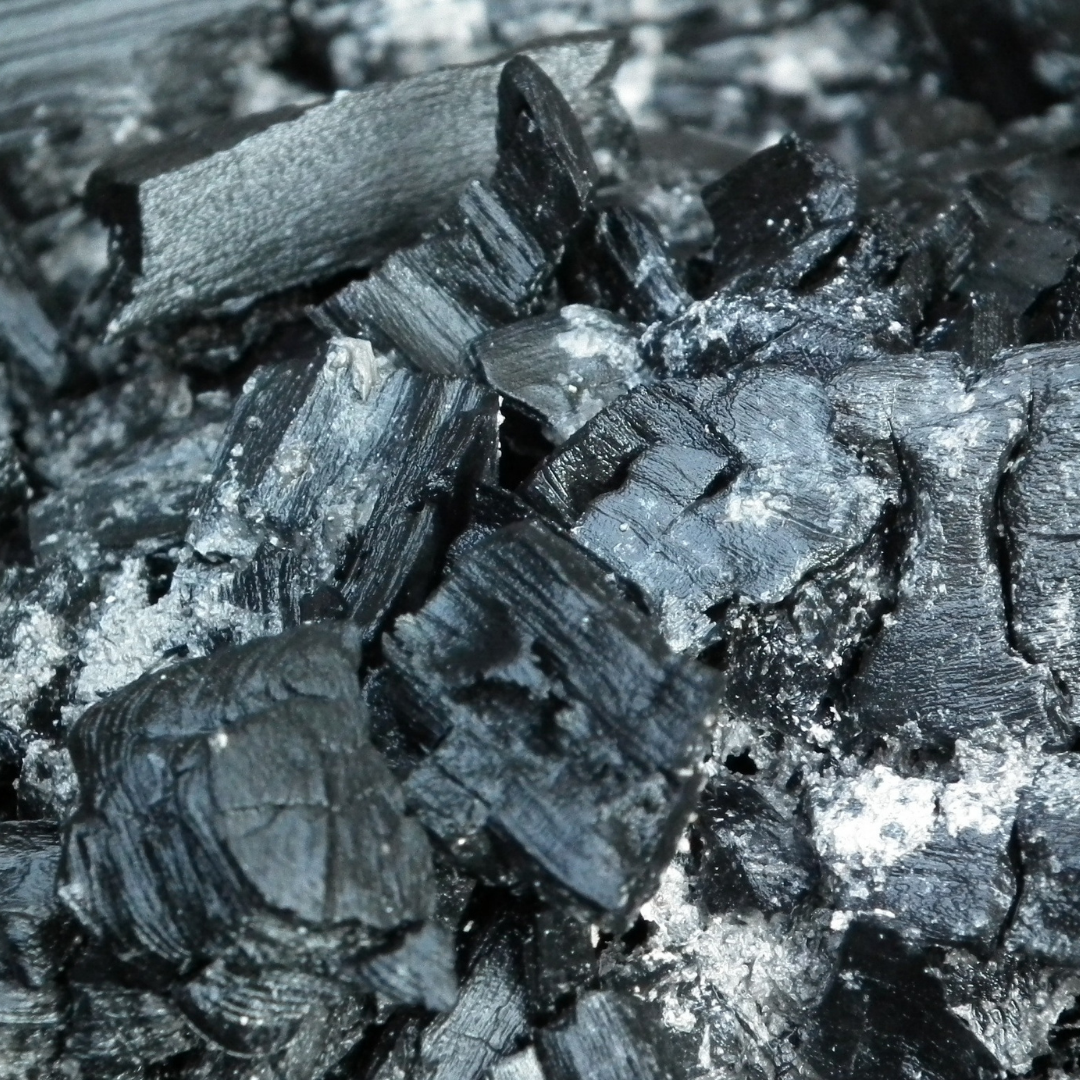
Zero Waste Europe says it published the report to prevent the categorisation of the use of bottom ash as a sustainable economic activity in the EU Taxonomy on the transition to a circular economy.
Janek Vähk, climate, energy, and air pollution programme coordinator for Zero Waste Europe, said: “The review of the most recent empirical research shows that the incineration bottom ash is insidiously hazardous and underregulated.
“Therefore, its ongoing usage in cement-based products and as road/pathway aggregate should cease immediately, as per the precautionary principle.”
Created in 2014, the Zero Waste Europe network includes 32 members across 28 countries.
In the UK, its members include the UK Without Incineration Network (UKWIN), a network of anti-incineration campaign groups.
Related link
Toxic Fallout – Waste Incinerator Bottom Ash in a Circular Economy






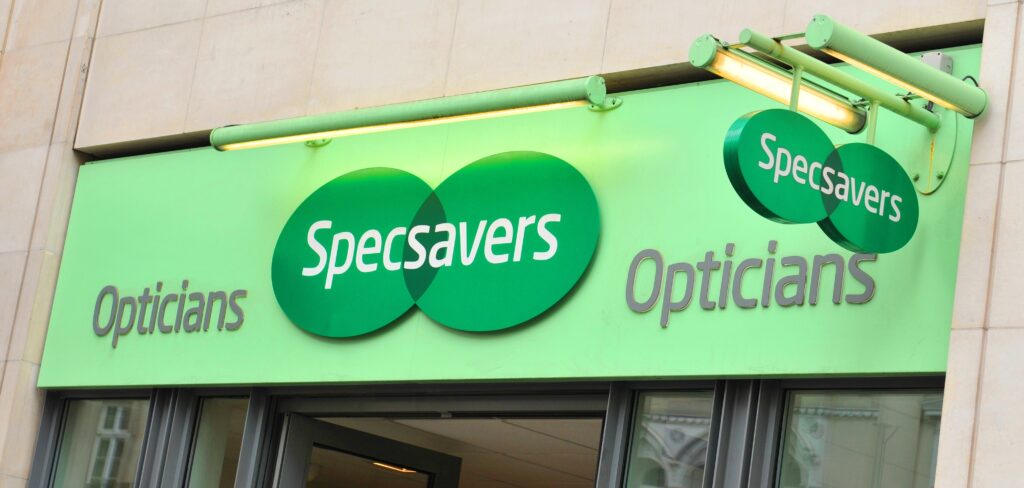

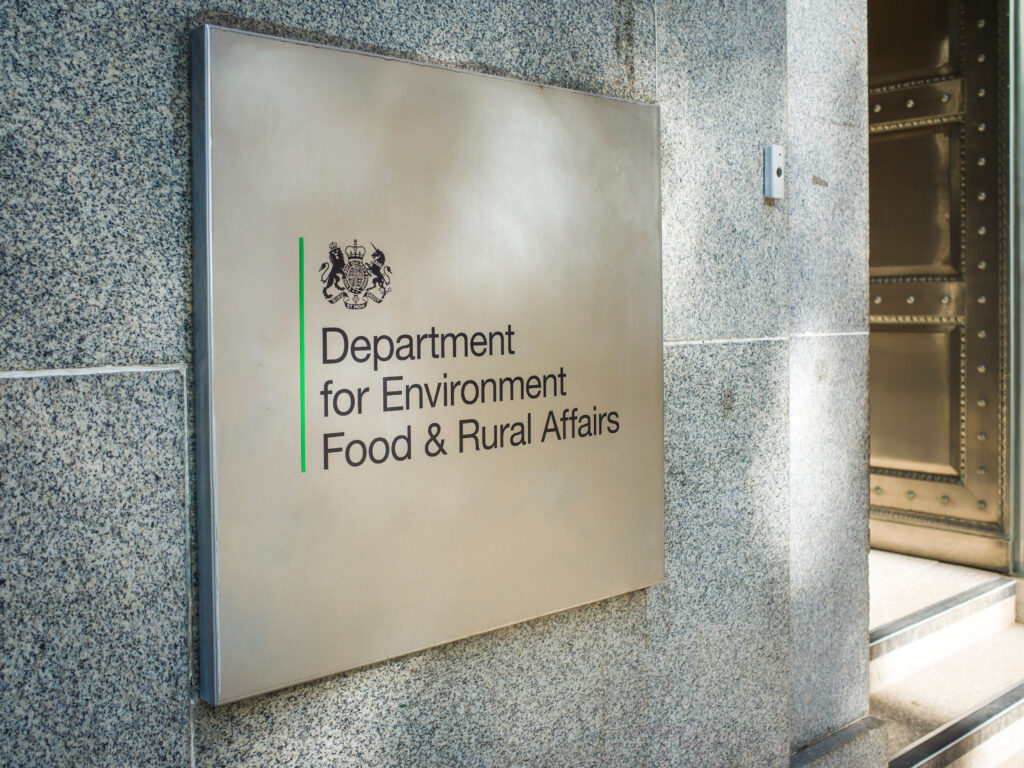


Subscribe for free